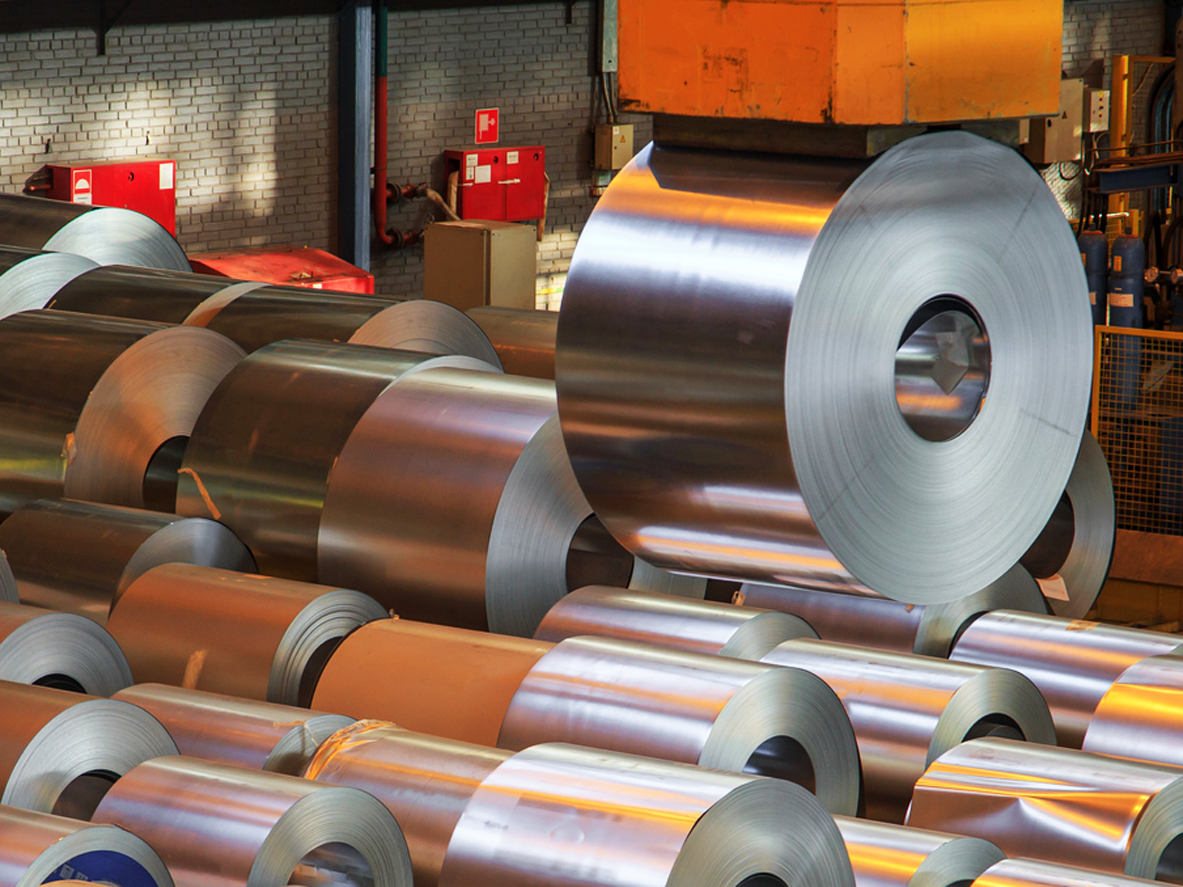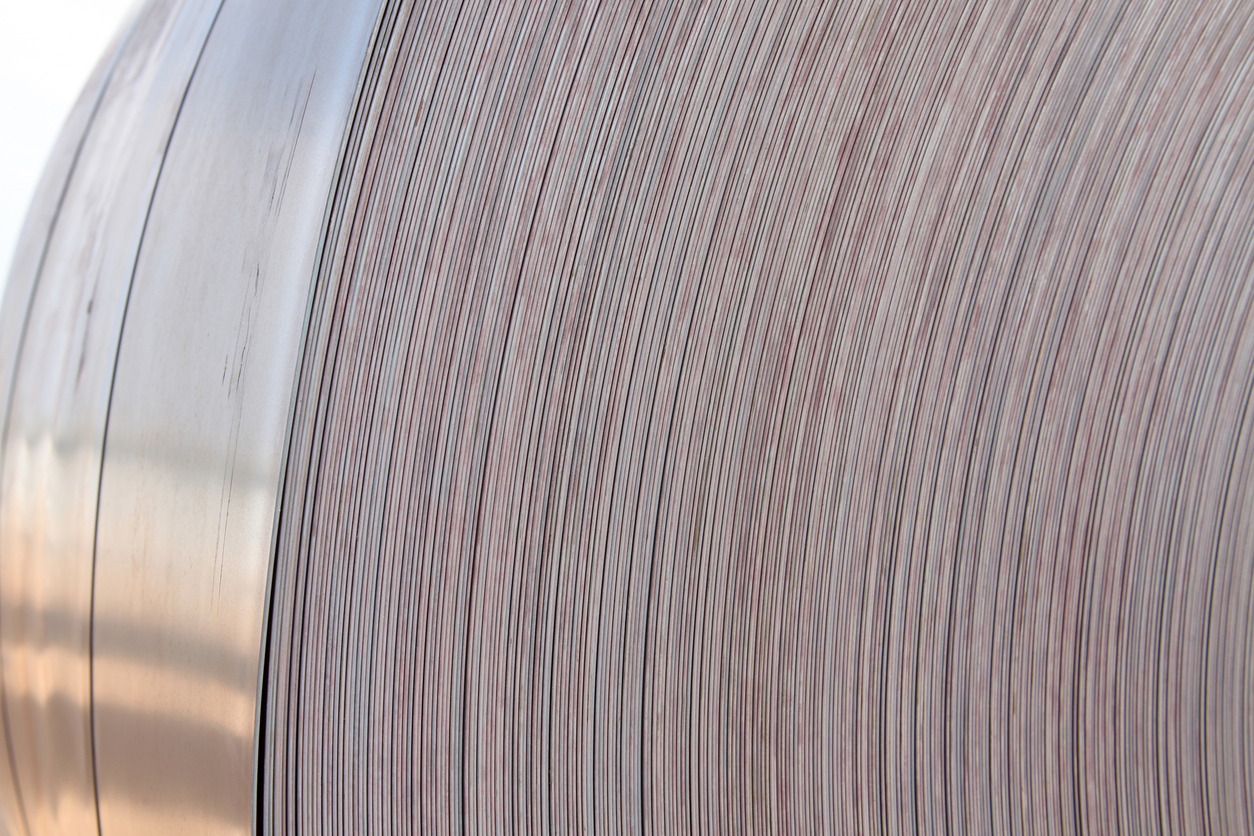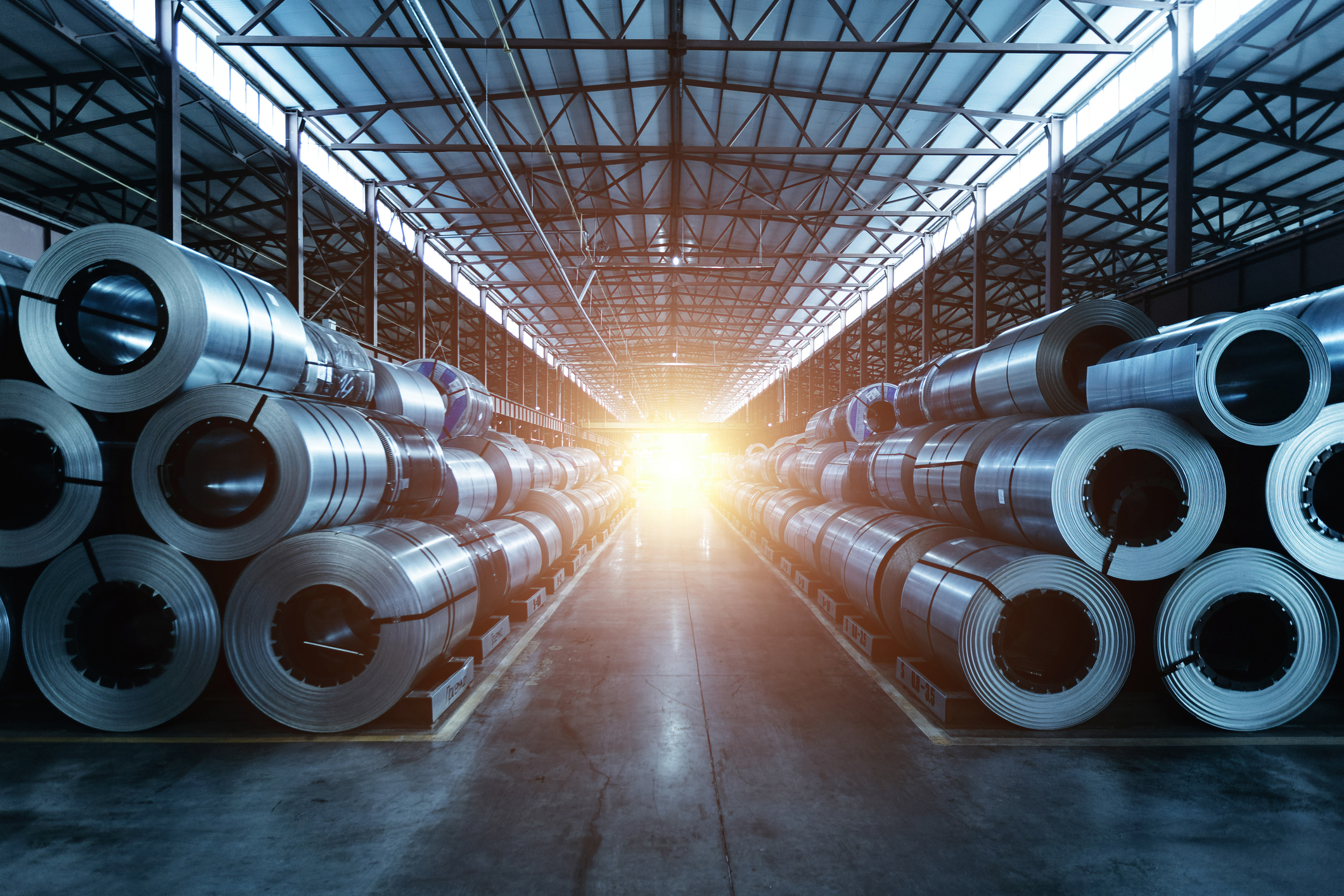
The European Commission is currently investigating claims that antidumping and anti-subsidy duties on cold rolled stainless steel imports from Indonesia are potentially being circumvented via Taiwan, Vietnam and Turkey. This new claim comes on top of the antidumping duties already enforced on imports of the same cold rolled stainless steel flats originating in China, Taiwan, India and Indonesia.
EURANIMI contests these claims and explains why these investigations are undermining the predictability of import duties, harming EU competitiveness.
Back to Basics
The EU defines circumvention as a change in the pattern of trade resulting from a process for which there is insufficient technical cause or economic justification. What actions might be classed as circumvention?
- A slight modification of the product, that doesn’t alter its essential characteristics but that makes it fall under a more favourable customs code;
- Transshipment via a third country;
- Sales via the same country, but through channels that benefit from a lower duty rate;
- The assembly of parts by an assembly operation in the EU or a third country.
Now, this assembly operation should have started or substantially increased since or just before the start of the investigation. 60% of the total value of the parts concerned needs to come from the country subject to measures and/or the added value created during assembly needs to be less than 25% for it to be classed as circumvention. And of course, it must be proven that the remedial effect of the antidumping duty is being undermined by these actions.
Immediate Consequences
As soon as this circumvention investigation started, all imports of SSCR from Taiwan, Vietnam and Turkey had to be registered. Additionally, they must be covered by a bank guarantee of 39.8% of the value of the goods, instead of the usual 0% for Vietnam and Turkey, or 6.8% for Taiwan. This instant change of import conditions fundamentally affects all running orders from these three countries, including those already sailing to the EU when the investigation was initiated on 14 August 2023.
A circumvention investigation must be concluded within 9 months, which means that you have no idea whether you’ll be paying 0%, 6.8% or 39.8% import duties on ongoing orders placed with these three countries, and your cash flow is tied up in bank guarantees while its ongoing. More importantly, there’s a suspicion of fraud. This means the European Anti-Fraud Office, or OLAF, may open its own case.
Possible Outcomes
If the Commission concludes there is insufficient evidence of circumvention by one or more of the three countries investigated, the investigation will be closed with no consequences for the countries concerned.
If the Commission concludes there is evidence of circumvention, they will extend the antidumping and anti-subsidy duties levied on Indonesia – totalling 39.8% – to the countries found to be in breach.
Even if there is sufficient evidence of circumvention in the country, individual cooperating producers in that country might be exempted, allowing them to export their SSCR under the same conditions as before the investigation. Non-cooperating producers will find their products treated as if originating from Indonesia, and duties will be retroactively levied on all registered imports since 15 August 2023.
Substantial Increase, Limited Processing
A complaint was filed stating that soon after the enforcement of the anti-dumping and countervailing measures taken against Indonesia a change in the pattern of trade could be observed, stemming from a new practice, not justified by any reason other than the imposition of the duties.
In its complaint, the applicant also alleges that a massive amount of EU imports of SSCR from the third countries are in fact indirect imports from Indonesia, which undergo only limited processing in the targeted countries before being re-exported to the Union. Essentially, the complaint says that the hot rolling transformation from slab to hot rolled coil and the further cold rolling into cold rolled coils is ‘limited processing’.
Now, minimising the role of hot and cold rolling might seem surprising, especially by a party that understands the reality of steel production. We all know that hot rolling and cold rolling aren’t just a “limited processing”, and definitely not an “assembly of components” and our association made sure that all our arguments were duly and timely conveyed to the Commission in our submission of 20 September 2023.
Abuse of Procedure
Anyone familiar with the flat stainless steel market knows that there’s never been a question of massive circumvention by Taiwan, Vietnam or Turkey. Instead, this circumvention procedure is being abused to combat the nickel pig iron technology used in Indonesia to produce slabs at very low cost.
This technology may be matter for debate, but there is absolutely no way in which the nickel pig iron debate should be held through a circumvention procedure. Much less when this procedure means importers suddenly find themselves landed with exorbitant duties overnight and face retroactive sanctions in addition.
Yet the measure has been put in place, and so we must follow procedure. The only recourse is the legal route. A battle dominated by fallacious arguments that are technically absurd, but legally acceptable. As distributors, our job is to deal with stainless steel, service, logistics, availability, delivery times. Not legalistic nonsense that dominates our time, and our bottom line. But here we are…
As previously mentioned, circumvention investigations have a limited time span and this investigation must be formally concluded by mid May, while the EC’s conclusions will probably be announced in February or early March. Until then, we must wait.
Protect Our Industry
Our Association’s members are the service centres, distributors and traders who rely on a fair and transparent marketplace. In no way do we support unfair trade practices such as circumvention of anti-dumping and countervailing duties. We fully agree that transshipment of goods via third countries, or transits where a mere cut-to-length or a slitting operation took place, are not enough to change the origin of the goods.
As EURANIMI explained to the European Commission in a hearing last October, it’s in our interest to protect the jobs in our own service centres. But when the EC uses a particularly broad interpretation of the term ‘assembly operation’ and estimates it should comprise all ‘completion operations’, it totally undermines importing distributors’ legitimate expectations as it makes us face an unexpected, sharp, overnight price increase, including for orders that were placed long before the measure came into place.
Find out why we are stronger together.


